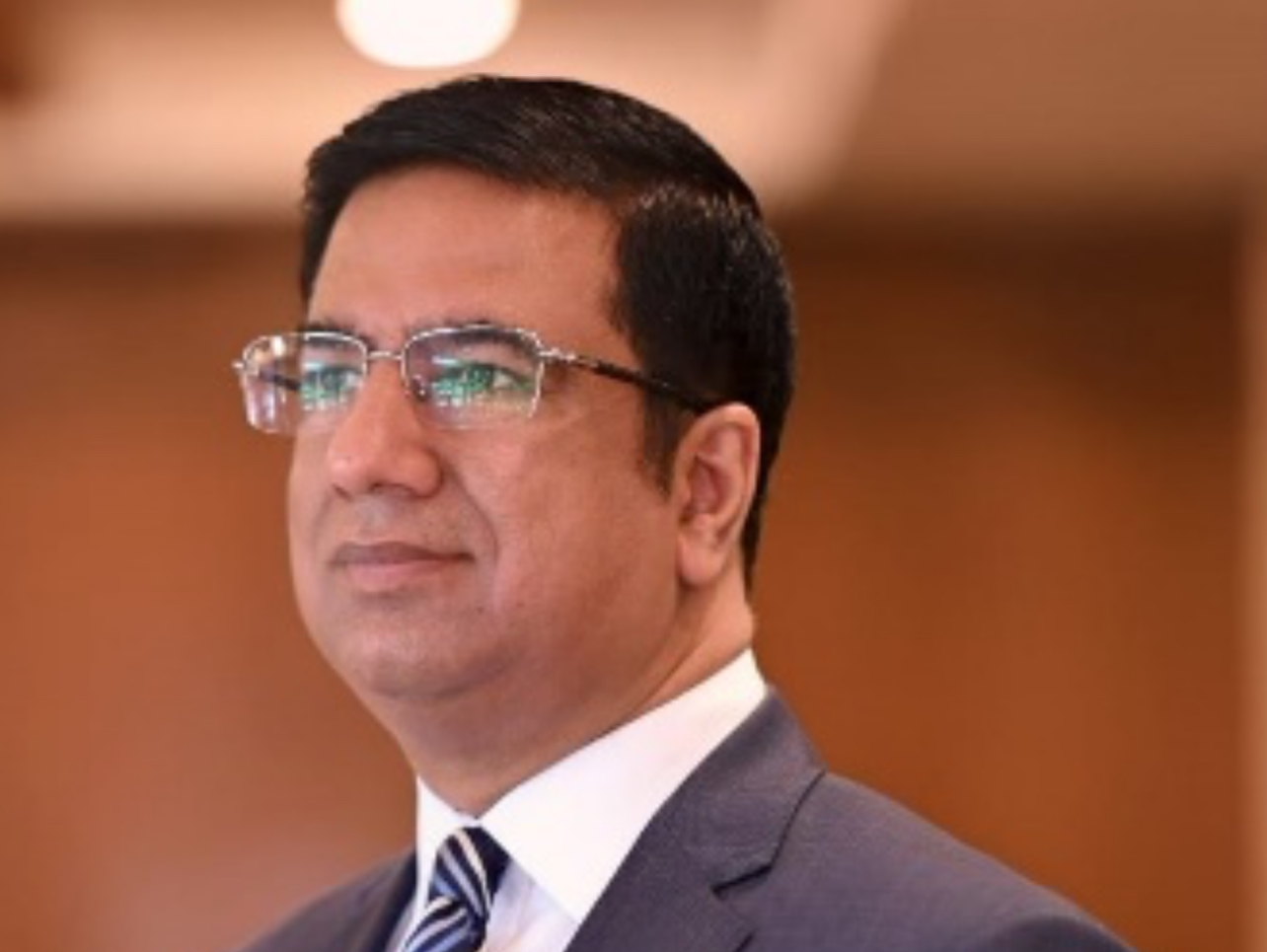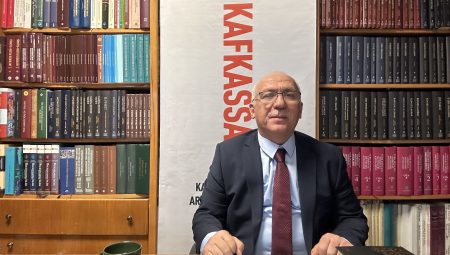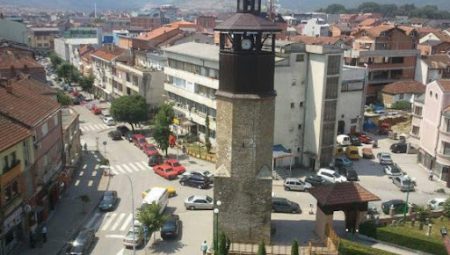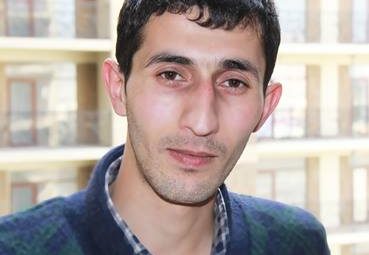Russian President Vladimir Putin’s diplomatic endeavors in the Middle East underscores the significant role Russia plays in fostering dialogue and cooperation among regional stakeholders. President Putin is actively striving for and championing international peace and security. His approach has always been grounded in collective decision-making when addressing global issues, placing the primacy of international law, particularly the United Nations Charter, at the forefront. Additionally, he advocates for equal partnership relations among nations, with the United Nations assuming the central coordinating role in regulating international relations.
President Putin embarked on a remarkable visit to the United Arab Emirates and Saudi Arabia, and hosting Iranian President Ebrahim Raisi in Moscow, demonstrating a proactive stance in the region and engagement within the oil cooperation framework, has proven to be fruitful. Such a concerted effort has positioned Russia as a pivotal peace-broker for Middle Eastern countries.
Russia and the Middle East are poised to enhance cooperation in various fields, not only in the oil and gas sector but also in food security, space exploration, tourism, and health. This multifaceted collaboration demonstrates a commitment to comprehensive and sustainable partnerships that extend beyond economic interests.
President Putin exhibits remarkable leadership and outstanding skills, implementing pragmatic foreign policy and enhancing development and cooperation with all countries. As a result of this visit, Russia is no longer isolated from the international community but has emerged as a key player in international peace and development.
Pragmatism is the essential principle, feature, and purpose of Russian foreign policy, Russia is becoming more secure and integrated into the world community. The President has actively promoted integration and internationalization in Russia’s foreign policy.
Russia as a Potential Mediator
One of the significant aspects of Putin’s Middle East diplomacy is the role Russia envisions for itself as a potential mediator in Middle East conflicts, particularly in the Palestinian issue. President Putin and Middle Eastern leaders emphasized the need to implement international resolutions related to the two-state solution for peaceful coexistence, economic development, and the establishment of an independent Palestinian state. This stance solidifies Russia’s position as a diplomatic force working towards lasting solutions in the region. Putin’s engagement in the Middle East extends beyond economic cooperation to address humanitarian concerns, and the catastrophe in Gaza emphasizes the leaders’ commitment to stopping military operations, protecting civilians, and enabling international humanitarian organizations to provide aid to the Palestinian people.
Saudi Arabia’s Crown Prince, Mohammed Bin Salman, has lauded the Kingdom of Saudi Arabia’s relationship and coordination with Russia, acknowledging their joint efforts in alleviating tensions in the Middle East. This acknowledgment comes in the context of the two nations being major players in the global oil market, underscoring the interconnection between diplomatic efforts and economic considerations. The close coordination between Russia and Saudi Arabia ensures a stable and predictable global oil market, benefiting both nations. This collaboration enhances the international profile of Saudi Arabia and the United Arab Emirates (UAE), portraying them as facilitators in potential peace negotiations.
Cooperation within the Organization of the Petroleum Exporting Countries (OPEC)
The cooperation with Organization of the Petroleum Exporting Countries (OPEC) partners remains a significant aspect of Russia’s engagement in the Middle East. Russia, Saudi Arabia, the United Arab Emirates (UAE), and Iran share common interests in the oil trade and are actively working towards effective cooperation within the OPEC framework. This collaboration is seen as a fundamental solution to end violence, ensure long-term peace, and foster stable development in the Middle East, contributing to energy security worldwide.
Putin’s meeting with OPEC+ countries signifies a commitment to addressing issues related to oil prices, energy supplies, and the security of Red Sea waterways. Russia has achieved consensus within OPEC+ regarding production levels and places emphasis on continuing this cooperation, with all participating countries committing to the OPEC+ agreement, which serves the interests of both producers and consumers and supports the growth of the global economy.
The ongoing fruitful cooperation between Middle East and Russia holds the promise of elevating diplomatic relations to unprecedented levels. This process not only strengthens ties at the bilateral level but also contributes to the broader tapestry of regionalism, creating a framework for addressing challenges collectively. The global attention garnered by these efforts signifies their importance on the world stage, underscoring the potential for meaningful contributions to progress and peaceful coexistence in the new era. As partners express their best wishes for future endeavors and extend support in areas of mutual interest, Russia lays the groundwork for a future characterized by shared success, prosperity, and enduring collaboration.
President Vladimir Putin’s diplomatic successes in the Middle East reflect Russia’s proactive role in fostering regional stability and global peace. President Putin’s approach towards the Palestine-Israel War is centered on ending it through diplomacy and mediation, addressing the urgent need for Middle East security and peace. As Russia continues to play a pivotal role in the region, these diplomatic successes underscore the importance of fostering international partnerships, addressing humanitarian concerns, and contributing to global stability.
Mr. Khalid Taimur Akram, Executive Director, Pakistan Research Center for a Community with Shared Future (PRCCSF), Islamabad





